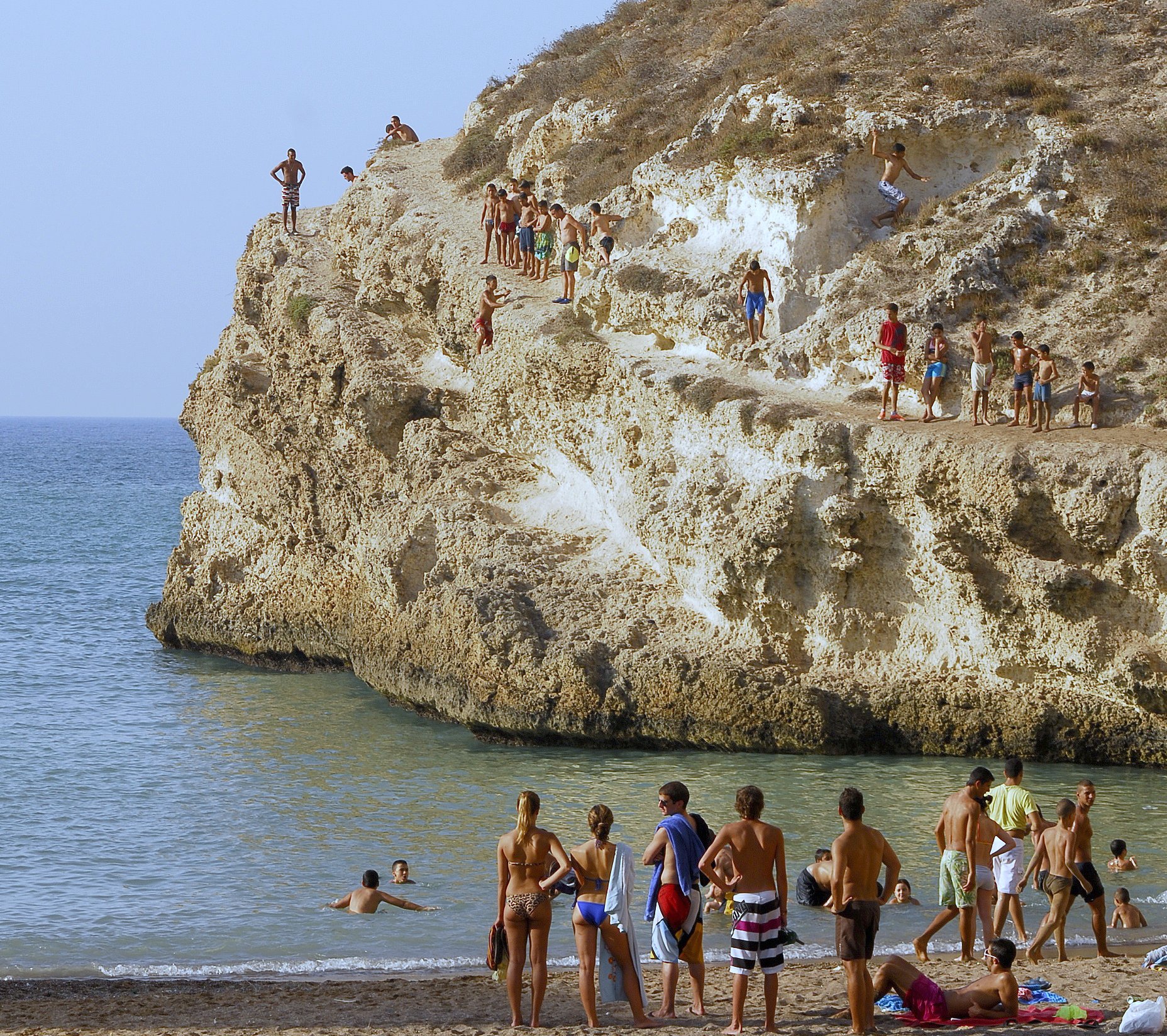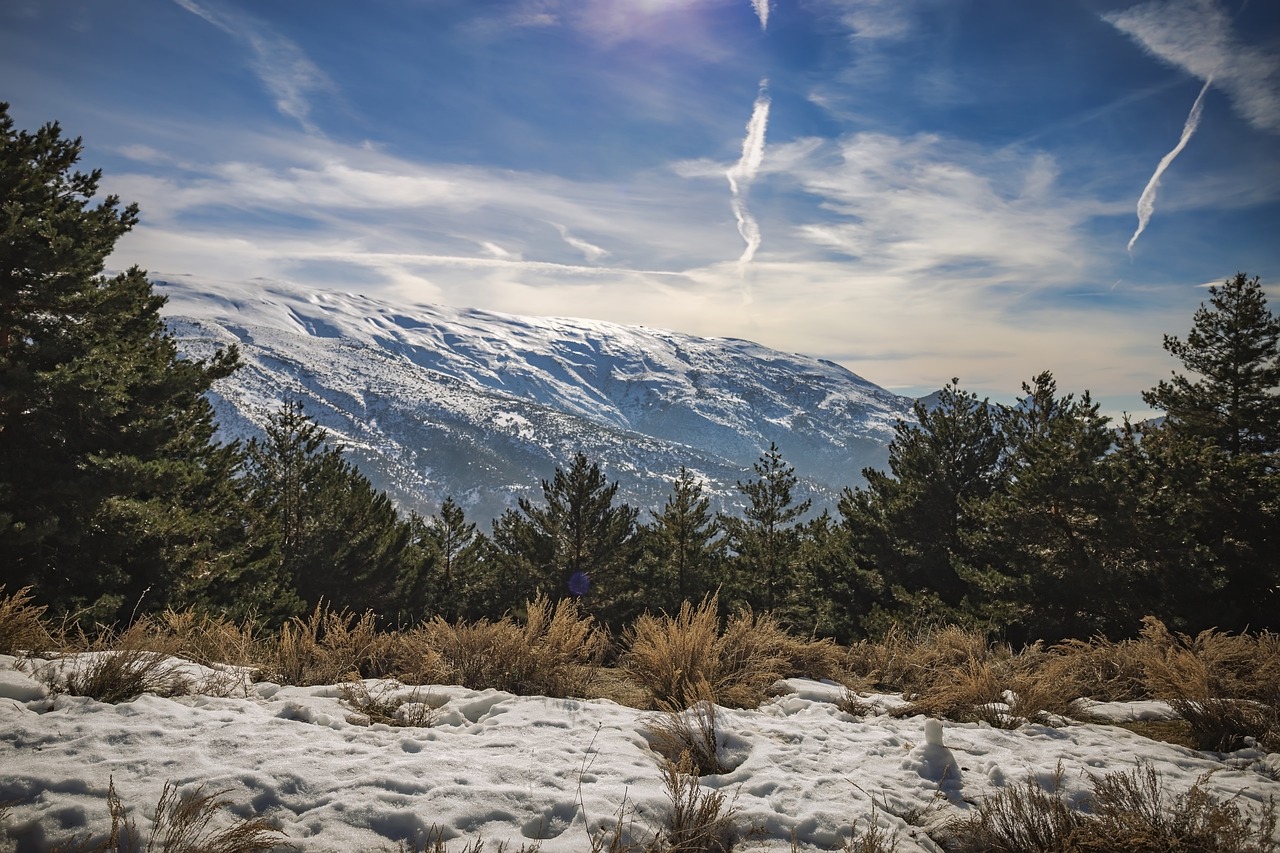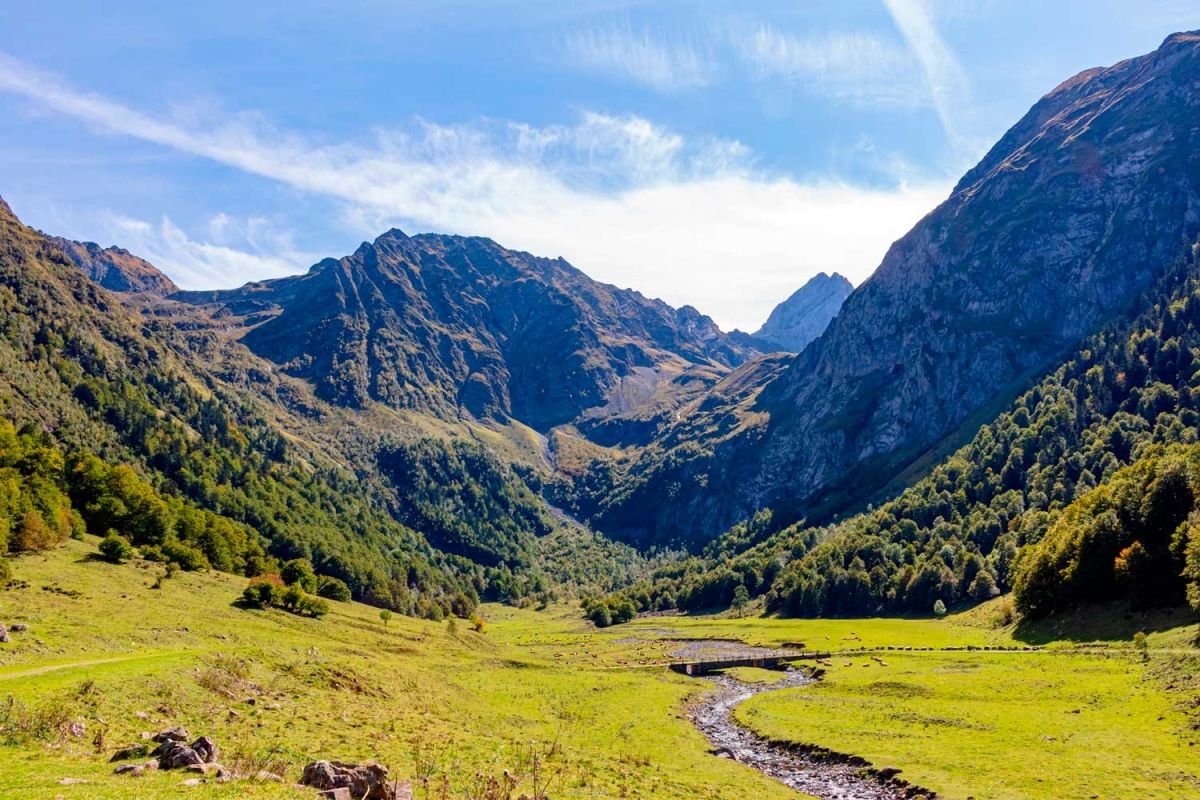In a world where speed and efficiency seem to be the top priorities, slow travel emerges as an alternative that invites travelers to slow down, immerse themselves in the local culture, and connect more deeply with the destinations they visit. In this article, we will explore what exactly slow travel is, why it is gaining popularity, and how it can transform our travel experience.
The philosophy of slow travel: an invitation to pause
Slow travel is not just about slowing down, but about adopting a different mindset towards travel. Instead of focusing on the number of destinations visited or how quickly tourist activities are completed, slow travel focuses on the quality of the experience and on connecting with the environment. It is an invitation to pause, to take the necessary time to absorb the essence of a place and allow the travel experience to unfold organically.
Advantages of slow travel: beyond the superficial
One of the main advantages of slow travel is the opportunity to truly immerse oneself in the local culture. By taking the time to explore a place, travelers can interact with the community, learn about their traditions, try their cuisine, and understand their way of life. This not only enriches the personal experience, but also fosters greater intercultural understanding and promotes tolerance.
Connection with the natural environment
Slow travel also invites travelers to connect with the natural environment in a deeper and more meaningful way. Instead of simply checking off boxes on a list of famous places, travelers are encouraged to explore the natural beauty of a destination, whether hiking through peaceful trails, observing local fauna, or simply contemplating a breathtaking landscape. This connection with nature is not only personally rewarding, but also promotes environmental awareness and conservation.
Traveling sustainably: a commitment to the future
Another important aspect of slow travel is its focus on sustainability. By slowing down and making conscious decisions about how to travel, travelers can minimize their impact on the environment and local communities. This may include opting for more environmentally friendly means of transportation, supporting local businesses instead of international chains, and respecting the cultural and environmental practices of the destination visited.
Contributing to the local economy
By traveling more slowly and spending more time in a destination, travelers also have the opportunity to directly support the local economy. By staying in family-run accommodations, eating at local restaurants, and buying handcrafted products, money is channeled directly to the communities that need it most. This not only helps to strengthen the local economy, but also creates a sense of reciprocity and mutual appreciation between travelers and locals.
In summary, slow travel offers a more authentic and enriching way to explore the world. By slowing down, connecting with the local culture, supporting sustainability, and contributing to the local economy, travelers can experience a journey that goes beyond the superficial and leaves a lasting impression on both themselves and the places they visit. At Slowtravelonline.com, we invite you to join this emerging trend and discover the world at your own pace. Ready to start your next adventure? Explore our related articles for more inspiration on how to embrace slow travel!



